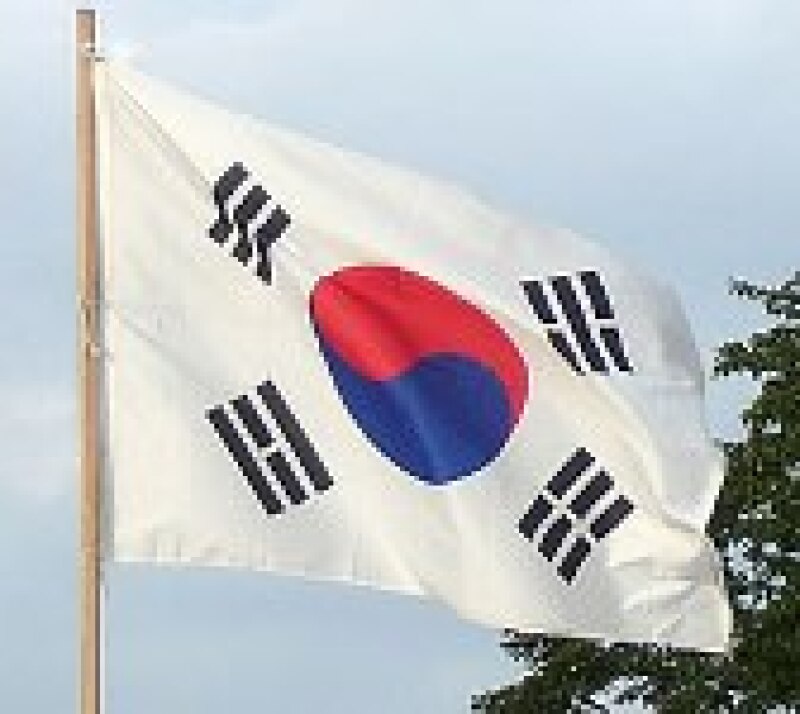
Korea’s transfer pricing rules applicable to international transactions have a relatively brief history. The last decade has seen a rapid development in the scope ands complexity of transfer pricing regulation in Korea. Transfer pricing has emerged as the most important issue in audits of member companies of multinational groups, sometimes with very significant assessments and often after very difficult audits.
Prior to 1996, the basic legal ground for transfer pricing in Korea could be found in the Corporation Tax Law (CTL) and its enforcement decree. The provisions, which applied to domestic and international transactions alike, required for an adjustment based on transfer pricing that the transaction must be established to unfairly reduce the tax burden of one or both parties.
Transactions between related parties were addressed in the context of unfair transactions that unreasonably reduced the tax burden. There was a certain element of tax evasion when being subject to an adjustment for being involved in unfair transactions.
This is illustrated, to some extent, by the fact that the CTL does not allow any corresponding adjustment. This means that even if one party is subject to an upward adjustment of income based on transfer pricing, the transactional counterpart cannot decrease its income correspondingly).
The analysis was often not very sophisticated and the rules undeveloped and using these domestically oriented rules on international (cross-border) transactions often caused frictions with taxpayers and foreign governments. Also, cross-border transactional volumes of Korean taxpayers were rapidly increasing and it was recognised that the domestic rules were not adequate to address international transactions.
To align Korea’s tax law and practices with international norms, the comprehensive International Tax Coordination Law (ITCL) was introduced in January 1996. The ITCL said specifically in its article 3 that it should have priority over other laws with respect to national and local taxes, but despite that language, the tax authorities took the position that, even if two transactional parties are not related under the tests provided by the ITCL, the CTL’s provisions regarding unfair transactions, that is, domestic transfer pricing, can apply if the parties are related under the test provided by the CTL.
To overrule this view as stated in a tax ruling, the legislator amended the ITCL to clarify expressly that the denial of unfair transaction in the Income Tax Law and the CTL shall not apply to international transactions, except for situations involving gifts of assets.

The ITCL includes a different relationship test (under the CTL, even the holding of one share can create a special relationship, while the ITCL provides a 50% equity ownership test) and a different test with respect to whether or not a transaction has violated an arm’s length principle. Also, it was introduced in connection with Korea’s entry into the OECD in 1995 and follows the OECD Transfer Pricing Guidelines to a large extent.
Further, and importantly, although the OECD Transfer Pricing Guidelines are not binding, Korea is an OECD member and practically, these guidelines are important and often argued in transfer pricing audits.
As a result of the ITCL and Korea’s OECD membership, with resultant focus on training and education of Korean tax auditors in international norms and principles and a different level of participation in international tax, including program organized by the OECD, the quality of today’s transfer pricing in Korea has vastly improved as compared with 1995.
Transfer pricing is largely recognised for what it is and the difficulties for large corporations to ensure arm’s length pricing in all situations where rules differ from country to country and where the number and kind of global transactions (services, goods, intangibles) have greatly increased are generally recognized. With that said, international tax competition among countries has increased and Korean transfer pricing audits are still recognised as being difficult.
There may be several reasons for this such as a lingering suspicion from tax auditors trained under the CTL that multinationals may try to manipulate pricing to maximise global tax efficiency. On the other hand, many foreign companies would also agree that Korean tax audits are generally difficult (short, intensive, and resource-demanding) and a transfer pricing audit would be no exception (there are often large amounts at stake, which could raise the level of aggressiveness from tax auditors).
Also, some aspects continue to be subject of much contention in tax audits, such as priority of transfer pricing methods, local vs. global or regional comparables, and using a multi-year approach vs. a single year approach where there may be assessments on some years although the company over a period has performed equal to or better than comparables. A multi-year approach is often accepted by Korean tax authorities in MAP or APA settings, but auditors invariably insist on a single-year analysis.
In 1990s and early 2000s, the Korean tax authorities focused – generally - on the transfer pricing of tangible goods and often relied on the Resale Price method with limited adjustment for differences between the tested parties and the comparables and tax audit results were not always aligned with international transfer pricing norms. After passage of this initial period, however, as field auditors have gained more experiences in transfer pricing, most transfer pricing assessments or settlements are based on the TNMM. At the same time, the tax authorities have started to pay attention to pricing of intangibles and services. Furthermore, the tax authorities have also started to examine and test transactions between Korean parents and their foreign subsidiaries, that is, outbound transactions as opposed to inbound transactions.
Korean transfer pricing has come a long way in a short period of time, but it is a complex and ever-evolving area involving large amounts of taxes and it can be expected that Korean tax authorities will continue to place great focus on this area of taxation in the future.










